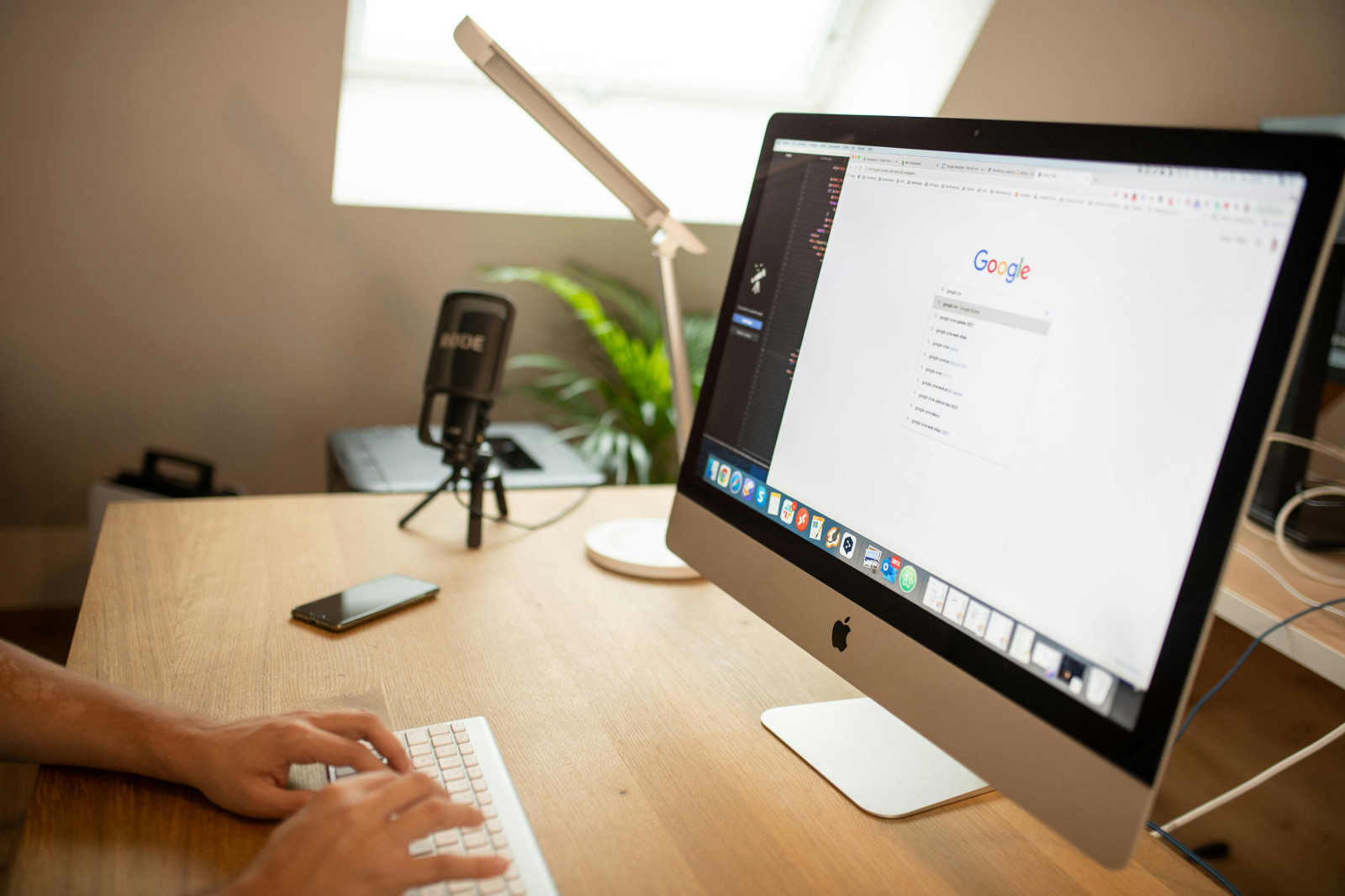Apple’s podcast accessibility play — too little, too late?


On Aug. 22, Bloomberg’s Ashley Carman described how Apple lost its lead in podcasts, pointing to the platform’s lack of video adoption as the likely culprit. YouTube, meanwhile, has climbed to the top precisely because of its strength in video. There is also, of course, the fact that Apple did not monetise podcasts until recently, meaning the company’s incentives to innovate its podcast offering have been minimal.
Yet, Apple Podcasts’ lack of video is not the only reason. Two days before Carman published her article, Apple made podcasts accessible via browser, opening up the format to Android users (and anyone else who does not want to bother with an app or login screen) for the first time ever. This might just be the first piece of a new strategy to gain back ground — or at least stay ahead of Amazon.
MIDiA’s 2024-2030 podcast forecasts first broke the news of YouTube’s rise and Apple’s decline in March 2024, but the trend started during the pandemic. Apple’s monthly active user penetration dropped nearly 10 percentage points as YouTube video penetration gained almost 30 from 2020 to 2022. The pandemic boom certainly played a part, with users having more time for digital entertainment while seeking out information and connection through a multi-format medium amid limited face-to-face interaction. Spotify’s podcast penetration, meanwhile, varied only two percentage points from 2019 to 2023. This suggests that while the platform may be converting existing users to podcast listeners, it had less success attracting new ones.
Importantly, podcasting started to go truly global during the pandemic. Latin American and Asia Pacific markets began to adopt the format in concurrence with its burgeoning popularity on YouTube — the biggest platform for audio and video consumption worldwide. Even Spotify’s investments in Latin American markets ultimately helped YouTube, with creators using video clips of their podcasts as a marketing driver.
Featured Report
India market focus A fandom and AI-forward online population
Online Indian consumers are expected to be early movers. They are high entertainment consumers, AI enthusiasts, and high spenders – especially on fandom. This report explores a population that is an early adopter, format-agnostic, mobile-first audience, with huge growth potential.
Find out more…Considering Google’s Android controls around 70% of the world’s mobile operating software market, the global expansion of podcasting made it even harder for Apple to maintain its footing so long as Apple Podcasts remained an iOS-only app. On top of this, Apple Music’s lack of a free, ad-supported tier has constricted its growth globally, to the benefit of Spotify, YouTube, and other platforms that offer free music listening — trends that may have poured over to these platforms’ respective podcast arms. Unfortunately for Apple, global monthly user penetration for YouTube as a source of podcast consumption is already more than twice what it is for Apple. Making up that deficit now would require Apple to pivot completely to video, algorithmic discovery, and format-agnosticism, which is not likely to happen any time soon.
With Spotify comfortably in second, Apple can still keep other competitors at bay. Since 2021, both Amazon Music and Audible (also Amazon-owned) have been making steady gains in podcasting and global penetration, but both of these platforms are still decidedly American. Both also sit behind a login screen. While an unremarkable inconvenience for existing users or Amazon Prime members, it does create an impediment for new users who are likely already comfortable with the ease of YouTube. This is a segment that Amazon will have to capture to make gains beyond major Western markets.
With Apple Podcasts’ new browser accessibility, Apple is acknowledging a fundamental, but often-overlooked, aspect of YouTube’s global appeal: the low-friction user experience. It is not just video that has made YouTube the number one source for podcast consumption in the world. It is also the unmediated experience of searching for something you want and being able to consume it with as little effort as possible. While a smart move for Apple to try and stay ahead of Amazon, the question is: should they have done it sooner?

The discussion around this post has not yet got started, be the first to add an opinion.